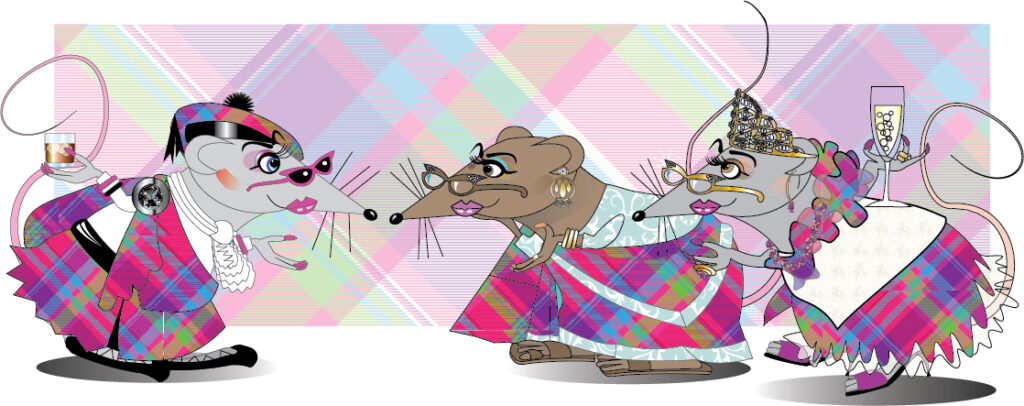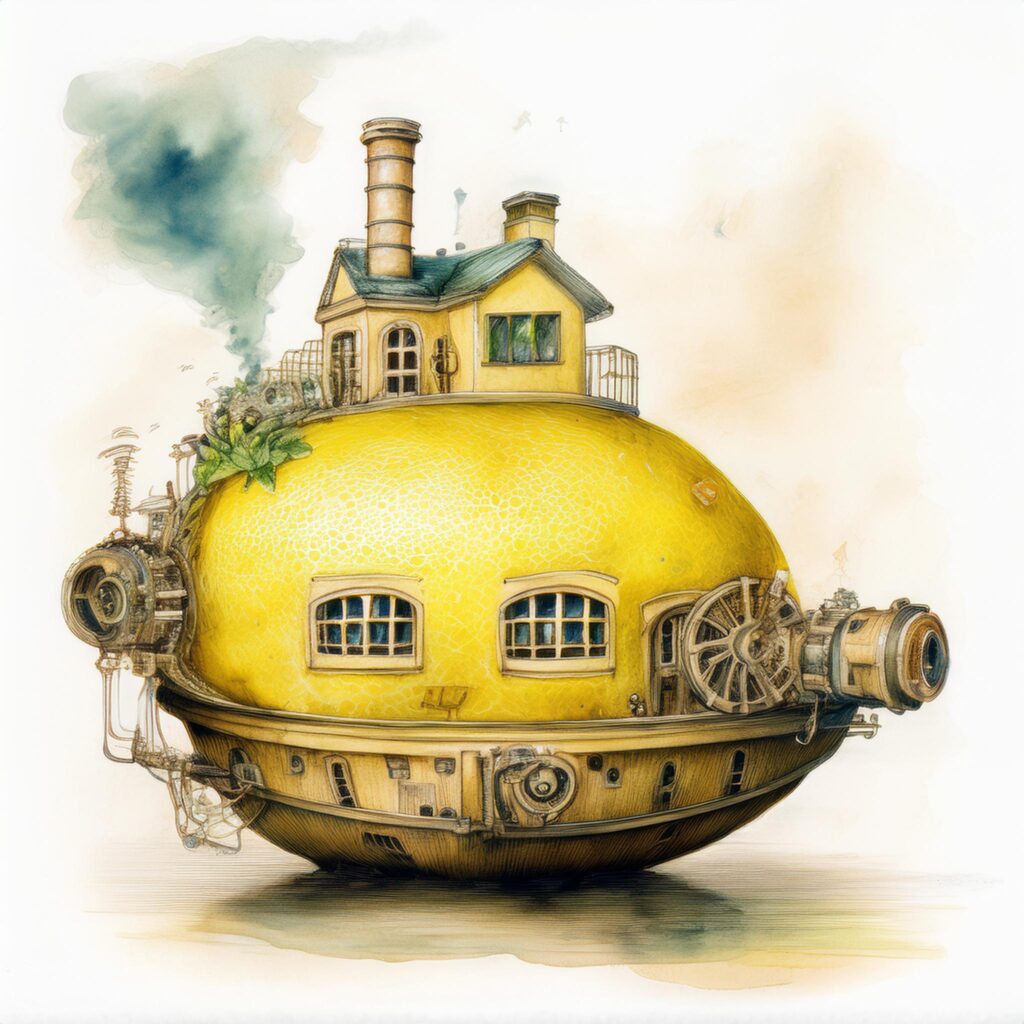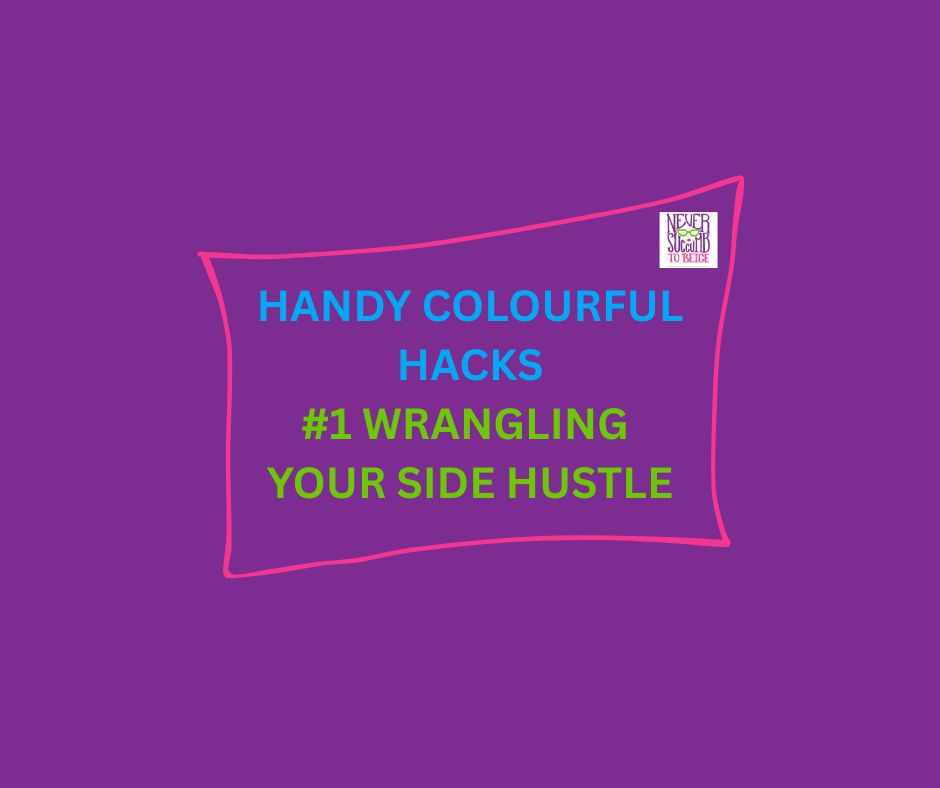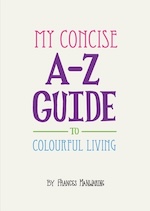Calling the bold and the colourful!
All you merry magnificences, dazzling dynamos, and anyone who believes life should be lived in full, glorious technicolor take notice! If beige makes you snore, you've found your spiritual home. The Never Succumb to Beige Clan is for every woman who embraces her unique brilliance and refuses to be dimmed.

Forget the colour — it's attitude baby!
Never succumbing to beige is a choice. It's a decision to be vibrantly and visibly who you are. It's nothing to do with the colour beige and everything to do with living to the max. Some of my best freinds like beige. I even have a couple of beige items in my wardrobe. So, if you like beige, go big. Make a statement. Wear beige on beige on beige.
By setting up The Never Succumb to Beige Clan (The Colourful Clan), my sister Roz and I are inviting you to have a bit of fun—be entertained, hang out with like minded others, share stories and insights. We're here to inject a shot of pure, unadulterated colour into your online world.
As Scots (although we both now live in New Zealand), we though it fitting we should have our own tartan, so Roz designed The Never Succumb to Beige Dress Tartan specially for the Clan.

By becoming a member of the Clan your subscription will ensure we can constantly improve, create better and relevant content and build our community. Thank you in advance.
Clan membership includes
- My A to Z Guide to Colourful Living — FREE PDF when you sign up.
- Exclusive member only access to a library of blogs, podcasts, Geekzone and other stuff.
- The Never Succumb to Beige Fortnightly Bulletin—news and updates, humour and our Fabulous Frew the Shrew's cartoon exploits.
- Members only Facebook Page for discussions to share stories, tips, hacks and experiences.
- Member discounts on books, courses and merchandise as we develop/write them.
- Holiday reading — our annual Christmas edition of The Colourful Times.
- Entertainment, feel-good and community.
- The right to use the Clan Tartan—instructions will be provided!
As the Clan grows, we'll add online (and perhaps a few in-person) events.
Cost of Membership—NZ$10 per month (Approximately US$5.80)
(SPECIAL FIRST YEAR PRICE)
A little taste of what to expect
Discussion and insights: Members' Private Facebook Group

What's the Best Advice You'd Give to Your Teenage Self?
What is your signature colour and why?
How beige is your life?
The FB Group is our discussion forum—we get some colourful discussion topics in play!
Stories: Example—If Life Gives you Lemons, Get Creative!

So, life has just showered a new crop of lemons on your head. In this story, I ask why, stop at making lemonade with all these little yellow suckers? To me, when the chips are down, it's about getting creative not just doing the obvious thing. I use anecdotes from my own experiences of converting my lemon mountains over the years into innovative new directions, bringing excitement and personal growth.
Videos: Example—Mutton Dressed as Lamb & Other Outdated Taboos
In this podcast, I look at outdated taboos like not being mutton dressed as lamb, starting with the question: Does wearing a bikini to your daughter’s beach wedding make you a try hard or just comfortable in your own skin? Where does the line in the sartorial sand get drawn about when you need to 'dress your age'? Should the line be drawn at all?

Inspiration: Example —So Rare, So Precious, So Cute—Meet Earth's Tiniest Wild Cat

Miracles happen—this sighting means the known population of these tiny wild felines has increased from 8 or 9 in the world! If you're long on gloom and short on va va voom, sign up to The Good News Network and get positive news stories from around the world in your mailbox daily.
Advice: Example—Wrangling Your Side Hustle
Everyone's got a side hustle these days, right? It's the 'must-have' accessory
for the happening person … apparently. I'm a seasoned side hustler, so here are somethoughts to help you keep hustling effectively, not just bustling.

Newsletter: Our Monthly Bulletin
The Never Succumb to Beige Monthly Bulletin will land in your in-box. As well as inviting you to discover new content, it features news and events, review of discussions in the FB Group, the cartoon life and times of our Fabulous Frew the Shrew and other instant hits of colour.

The Colourful Times—Annual Christmas Special

You'll get hours of holiday entertainment in our festive edition. Our bumper Christmas newsletter features sizzling seasonal stories, provocative quizes, The Never Succumb to Beige Annual Awards, top Christmas memes, cartoons, and loads of special Christmas features and handy hacks to make your season merry and bright and hopefully even a little peaceful.
And finally ... there's your sign up bonus: My Concise A to Z Guide to Colourful Living
Extract: K is for KISS (keep it simple stupid)

The KISS concept was adopted by the US Navy in 1960. It’s the principle of designing systems and strategies that are simple, straightforward, and without unnecessary complexity. Like a wildfire, jumping a fire break, KISSing jumped into the mainstream and set the world of management thinking on fire. Now everyone’s at it. Whatever its origins, it’s a great way to approach life. If you KISS it, you’re likely to be less stressy and sleep better because you don’t have s washing machine going round in your head as it spins through all the stuff you haven’t got around to.
Complexity certainly has a seat at the table—not everything can be reduced to its barest bones—but simplicity has the place of honour. It’s hard to live the good life when you’re perpetually overwhelmed. When you KISS your life, you sweep away all the unnecessary baggage, cast off the crap, shed the ought to-dos, let go of stuff you don’t need, buy less, eat better, stay fitter and focus on what matters to you and yours so you create boundaries. You’ll feel tons lighter, and people will see you quite differently.
Some inspiring 'k' words
Kaboodle, karaoke, katharsis, kazoo, kedgeree, keen, kettledrums, kindness, kingfisher, kiss (the other sort), kith and kin, knowledge, kudos.
When you KISS your life, you give yourself permission to say no to stuff you don’t want and make room for the things and people that matter.
Frances Manwaring, January 2025
